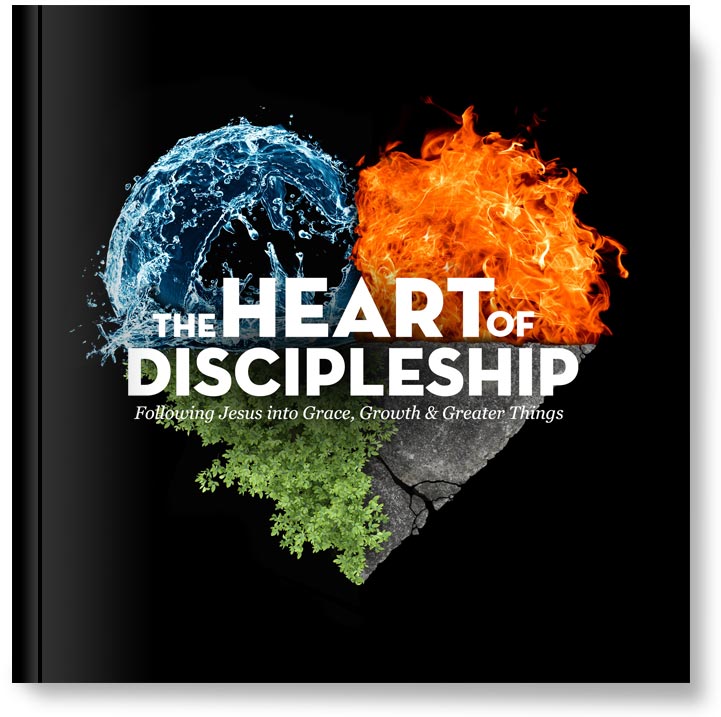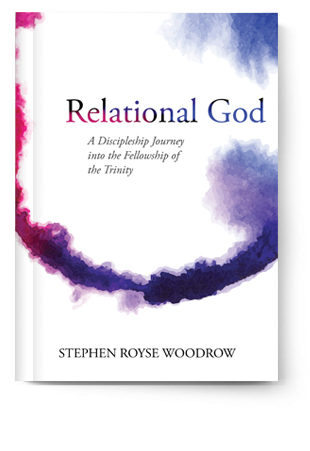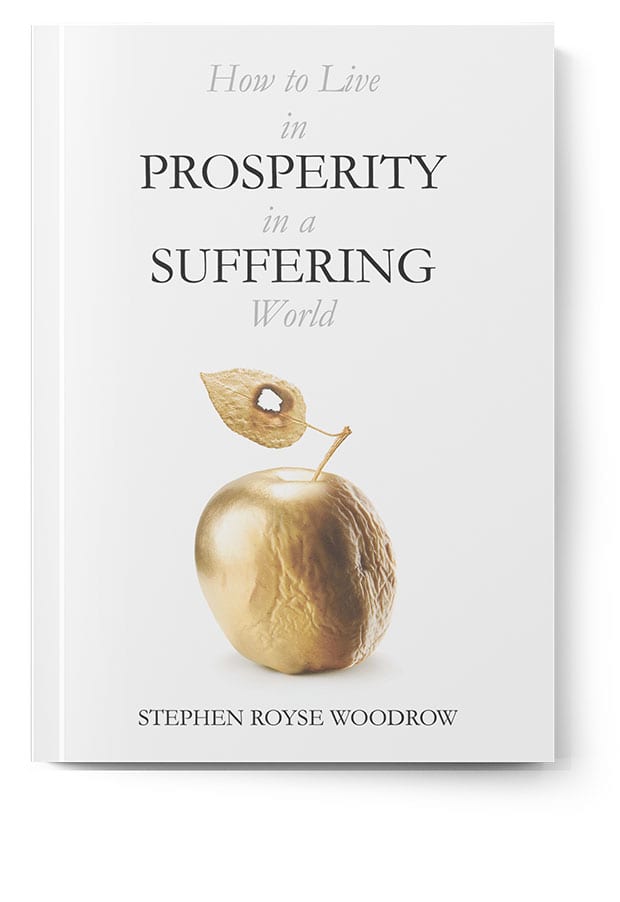Is anyone hungry for civil, respectful and honest dialogue? Is anyone thirsty for engaging conversation that gets past personal and politicized biases? Is anyone longing for a wisdom that transcends human opinion and has the power to unify in the midst of so much diversity?
We are in desperate need today for wisdom in how to engage in discourse around theology, philosophy and politics. These three things should never be separated or compartmentalized in our lives, education or public policy. They work best as they are integrated together rather than separate silos of thinking communities.
So, where do we start in addressing this behemoth problem? As Christ followers it is important to realize that we are first and foremost responsible before God to cultivate loving and healthy discourse within the Church family and home. It is fascinating that throughout the whole Bible God’s eyes are primarily on the house of God. Especially in the Revelation of Jesus Christ we see Jesus’ eyes primarily on the status of His Church not on the political status of any nation. (Revelation 1-3 ESV) We do well to heed this reality as we approach the issue of public discourse. However, it appears that over millennia the Church seems to keep mixing up these biblical priorities. We are constantly making the mistake of criticizing culture on the outside before properly reforming and cultivating healthy culture on the inside of the Church and inside our homes. If we are able to reverse this trend then possibly we can be more faithful in being that “city set on a hill” and “the salt of the earth” and “the light of the world.” (Matthew 5:13-16 ESV) But as it stands, I fear that Paul’s assessment of us today would be no different than it was to the Corinthians when he stated, “But, I brothers, could not address you as spiritual people, but as people of the flesh…For while there is jealousy and strife among you, are you not of the flesh and behaving only in a human way?” (1 Cor. 3:1, 3 ESV) The issue Paul was addressing within the community was that they were circling up around different “super-teachers” rather than around Christ alone. This was dividing the body and putting an emphasis on human wisdom and “super- personalities” rather than on the Spirit and wisdom of God.
Here are 8 principles for healthy discourse that hopefully can help give us greater 20/20 vision heading into a New Year and new decade.
1.) Seek wisdom from above. The promise of God found in James 1:5 states, “If any of you lacks wisdom, let him ask God, who gives generously to all without reproach, and it will be given him.” In our ever-increasing therapeutic culture we need to learn to filter our opinions and feelings through the Word and wisdom of God. We need to heed 1 Corinthians 3:19, “For the wisdom of this world is folly with God.” In our secular age, the lines between the wisdom of the world and the wisdom of God are blurred, even within the Church.
2.) Learn to listen. The admonition within James 1:19-20 couldn’t be more applicable for our angry culture within and without the Church. “Know this, my beloved brothers: let every person be quick to hear, slow to speak, slow to anger; for the anger of man does not produce the righteousness of God.”
3.) Pray for all leaders. We need to give more than just lip service to our prayers for public figures. If we are truly praying for all our leaders, especially those we dislike and disagree with, it will change the way we talk about them and the whole tone of our conversation. Paul states in 1 Timothy 2:1-2, “First of all, then, I urge that supplications, prayers, intercessions, and thanksgivings be made for all people, for kings and all who are in high positions, that we may lead a peaceful and quiet life, godly and dignified in every way.”
4.) Engage in moral issues. We need to be careful to stay away from a strict separation of Church and State that compartmentalizes politics from theology and philosophy. It is impossible to separate morality and politics or religion and politics completely. Moral issues always have political ramifications and political issues always have moral ramifications.
5.) Don’t confuse the Kingdom of God and the world. We need to be careful to stay away from an unhealthy integration of Church and State, which confuses the role of the Gospel and the Kingdom of God with the kingdom of this world. In John 17, we are to be in the world, but not of it. And in Matt. 22:19-22, we are to “render to Caesar the things that are Caesars and to God the things that are God’s.”
6.) Know the other side. We should watch and monitor what is feeding our biases and intentionally get outside our camp to learn what the other side thinks and believes. We can start accomplishing this by broadening our media feeds and reading lists.
7.) Make friends with the other side. Pursuing friendships with people who are in different camps and belief systems will help us in our understanding and communication. This obviously for the Christian is built into evangelism and sharing our faith with those who do not believe in Jesus.
8.) Establish an ultimate filter. Matthew 6:33 could be an ultimate filter for believers. “But seek first the kingdom of God and his righteousness, and all these things will be added to you.” Our political views and biases are all connected to what we think will provide the best human flourishing. We get into trouble when worldly issues and agendas take greater precedent than our Kingdom mandates.
5







